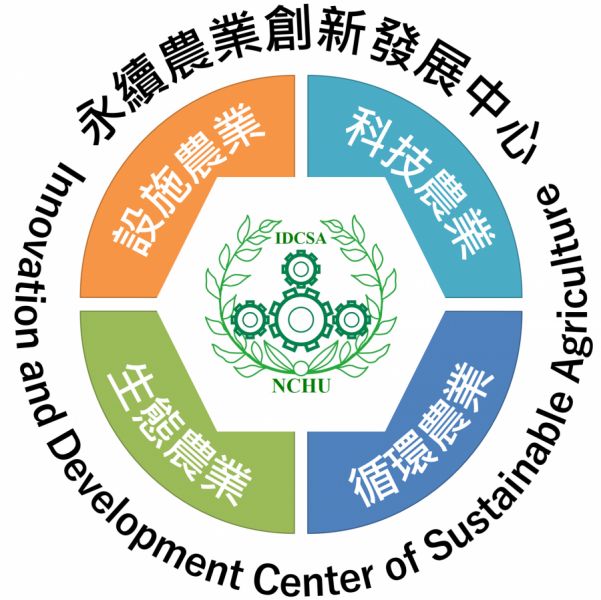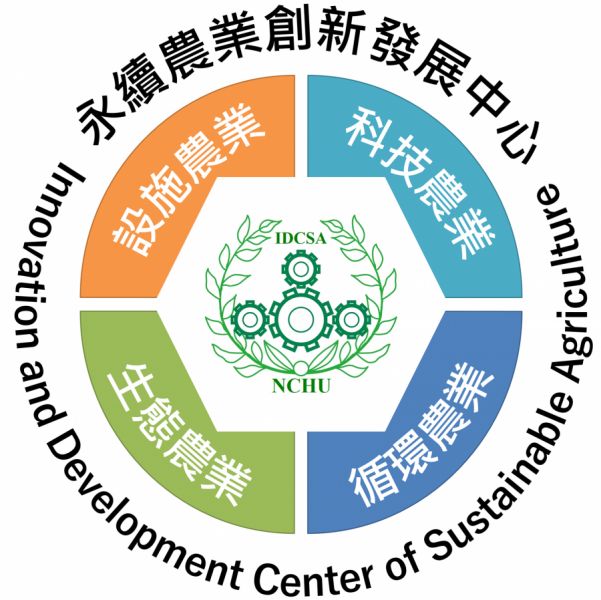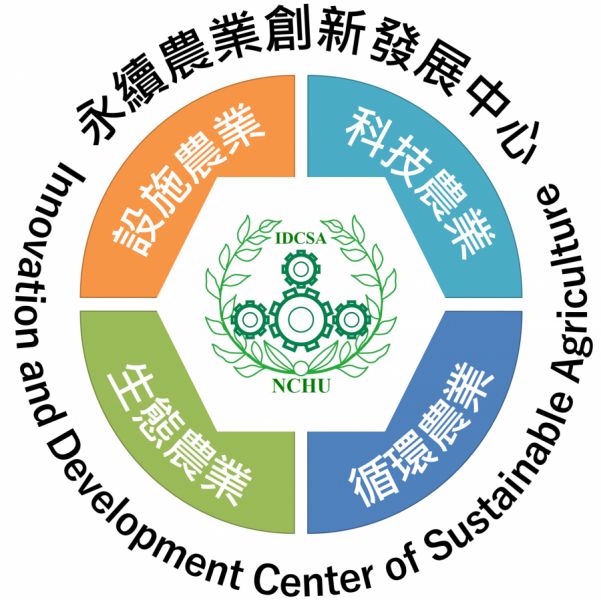This research has developed the world's fastest processing of organic waste technology to to treat organic wastes into organic fertilizers within 3 hours, replacing the traditional two to four months of composting, and widely reported by many media. The research team will carry out research and development to optimize the organic fertilizers with high-end microbial and biochemical technologies. The research and development projects will be carried out this year as follows:
(1) To develop the fastest processing technology to treat organic wastes with antibiotics, such as bacteria residues and livestock manures, into organic fertilizers, to solve the problem of hazardous materials.
(2) The production of Bacillus subtilis can be carried out in a medium to promote sporulation, and the recombinant cotA is expressed in Escherichia coli. The catalytic properties of laccase enzyme involved in lignin humification are continuously explored, which helps to increase the humification of soil organic matter by using enzymes. The processing technology can be used for storage of carbon to optimize the organic fertilizer and to stabilization of soil quality.
(3) Inoculation of endophytic bacteria with produce ACC deaminase can effectively reduce crop biotic and abiotic stresses, and explore the function of ACC deaminase gene to help develop microbial fertilizer and promote crop growth.
The content of organic matter which plays crucial roles in determining soil physical, chemical and biological properties serves as an important index of soil quality. Under the situation of rapid climate changing, the transformation of organic matter influences not only carbon cycling but crop production. The clarification of mechanisms involved in organic matter humification will help to develop technology used to stabilize organic matter in soils. In the present project we have attempted to establish a platform to evaluate the performance of organic matter humification. Laccase produced from soil beneficial bacterium namely Bacillus subtilis was used as biocatalyst. The role of this enzyme involved in catechol or lignin humification was clarified. The spore-forming medium was successfully used to produce enzyme with laccase activity. By reacting with catechol or lignin (in the presence of mediator ABTS), the humification degree as evidenced by changes of several humification indices of products increased. The recombinant CotA protein was successfully used in the catalysis of humification process, and complementary experiment also demonstrated that laccase directly involved in the humification of catechol or lignin. This will help to develop technology used to stabilize organic matter in soils. In the next two years mechanisms involved in inorganic or organic catalysis of organic matter humification will be clarified. An innovative technology which encompasses inorganic, organic and biological (enzymatic) catalysis to increase the humification of organic matter in soil will be developed.
Subproject 1 : Recycling of Agricultural Waste Biological Treatment 2019-12-31




